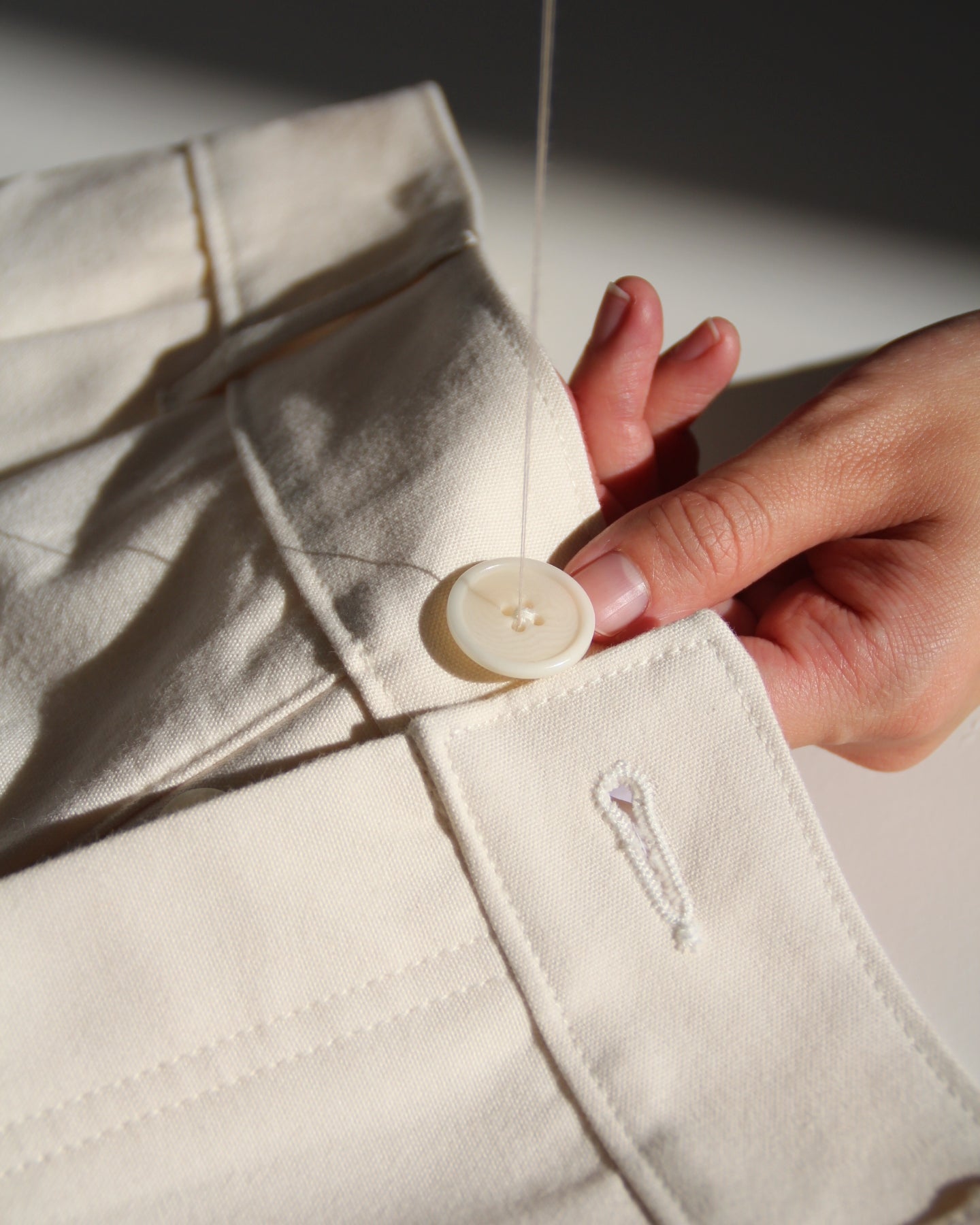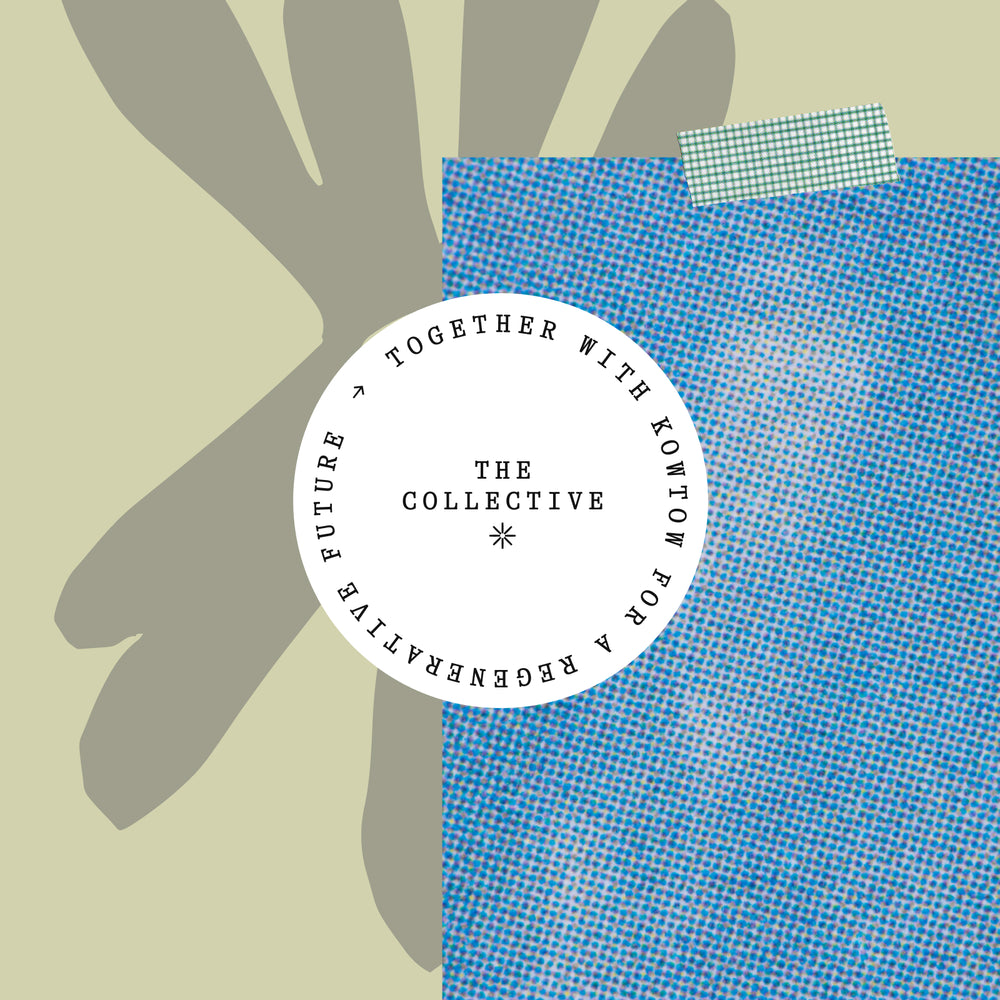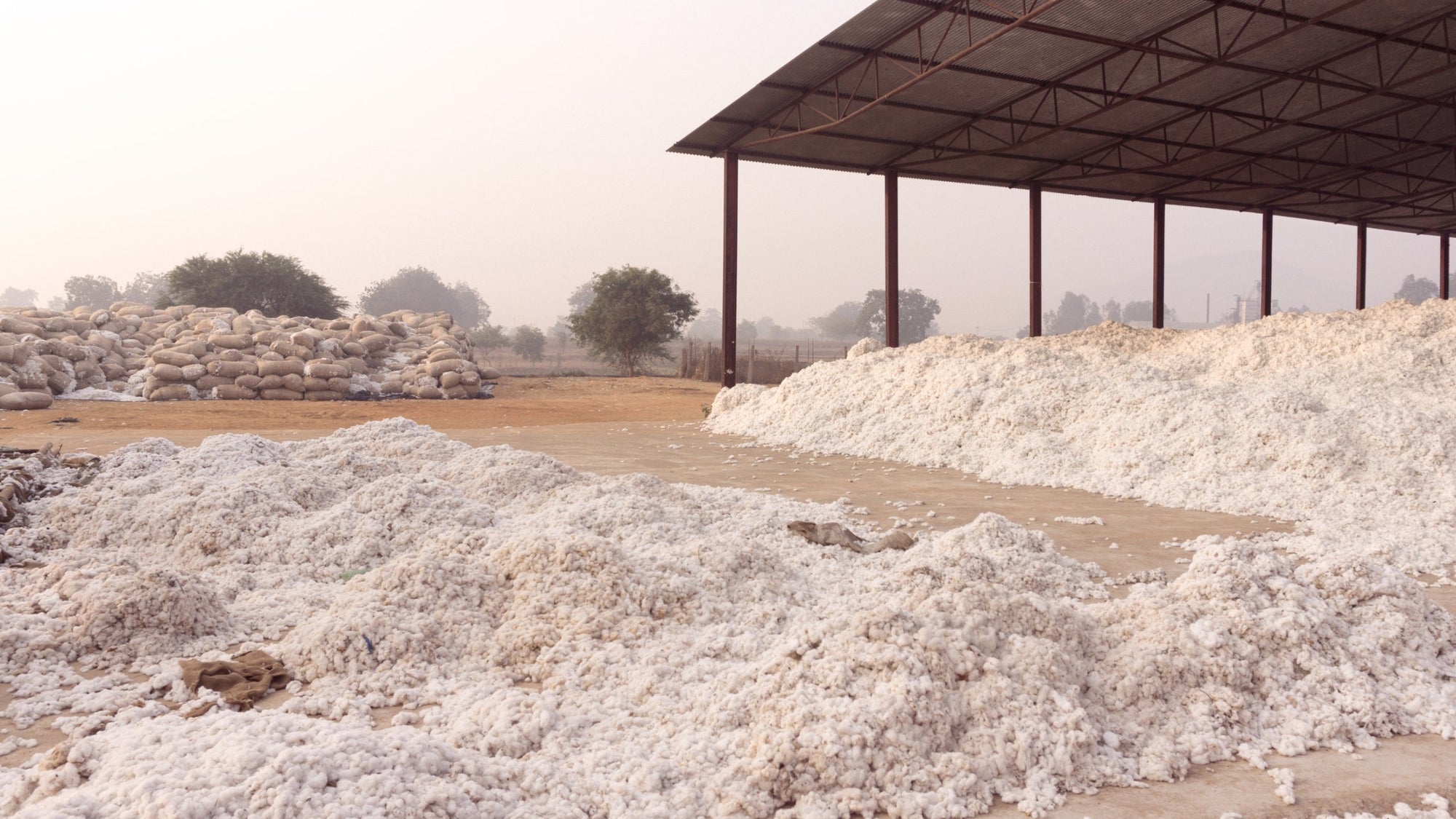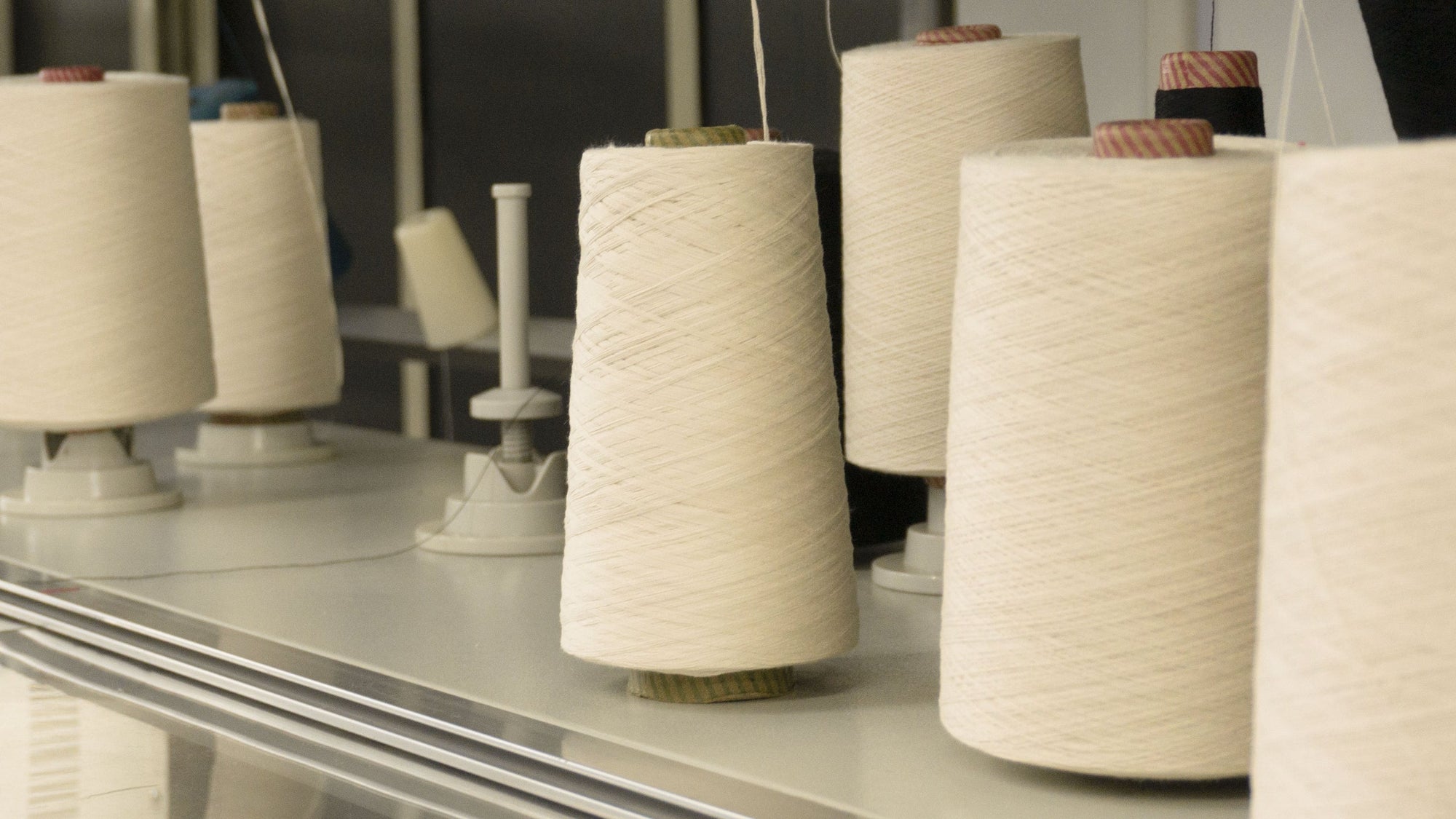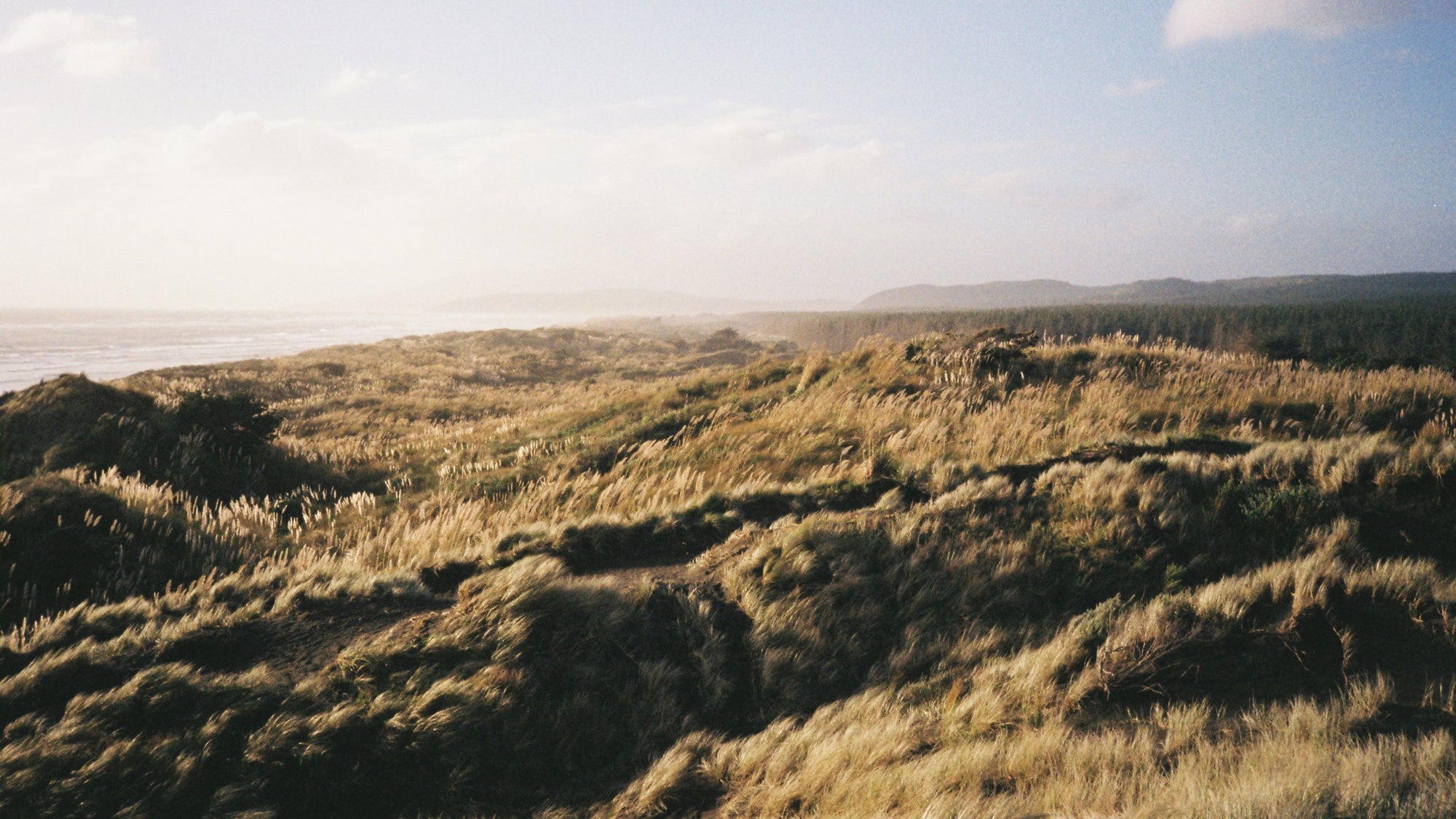We only use responsibly sourced Oeko-Tex Standard 100 approved buttons, made from agoya shell, mussel shell or corozo nut. We have never used zips as they add waste and complexity to our circular design programme.
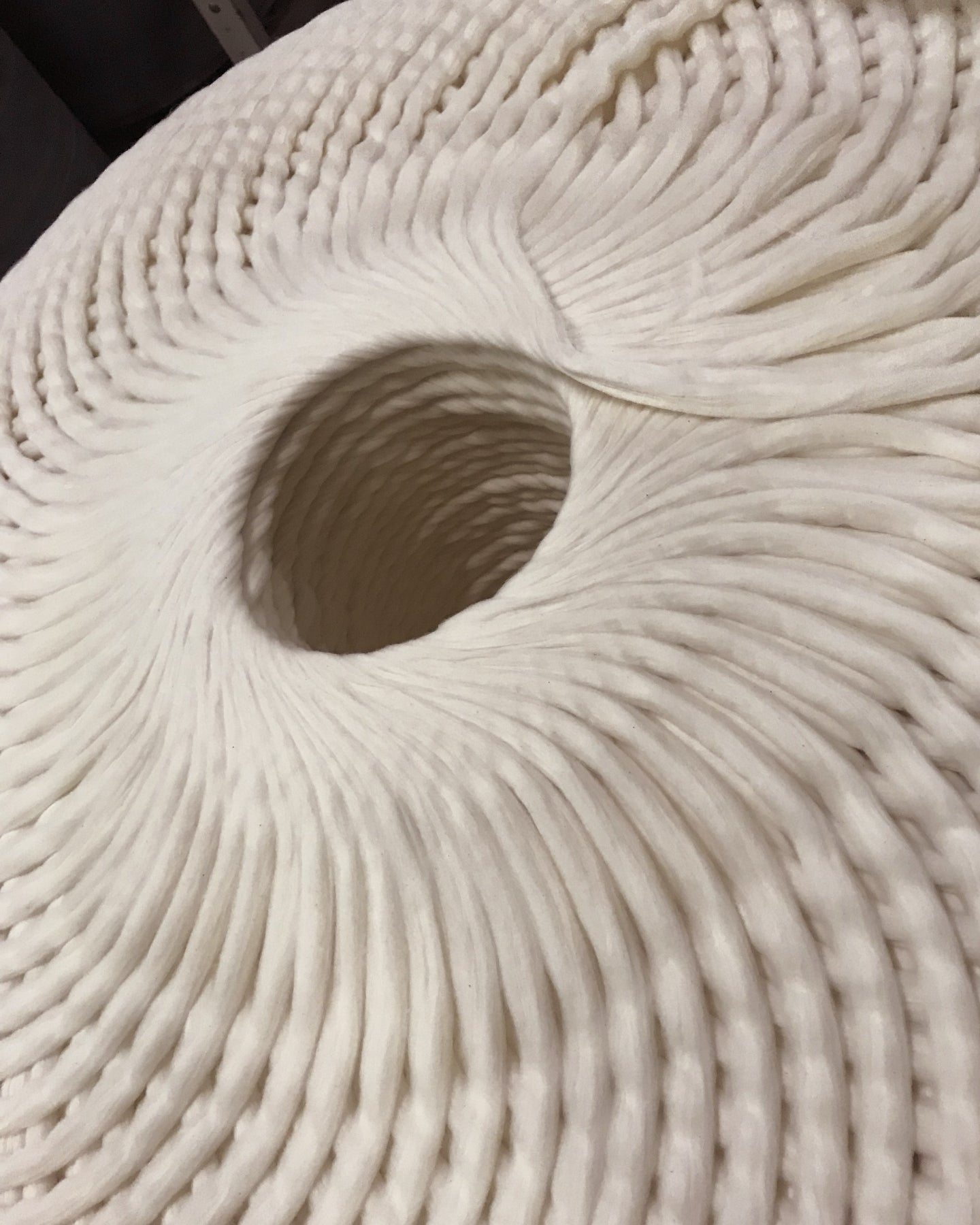
Circular Design
We are committed to the principles of circular design - reducing waste, making products that last, keeping them in use and regenerating the natural environment at every point in the process.
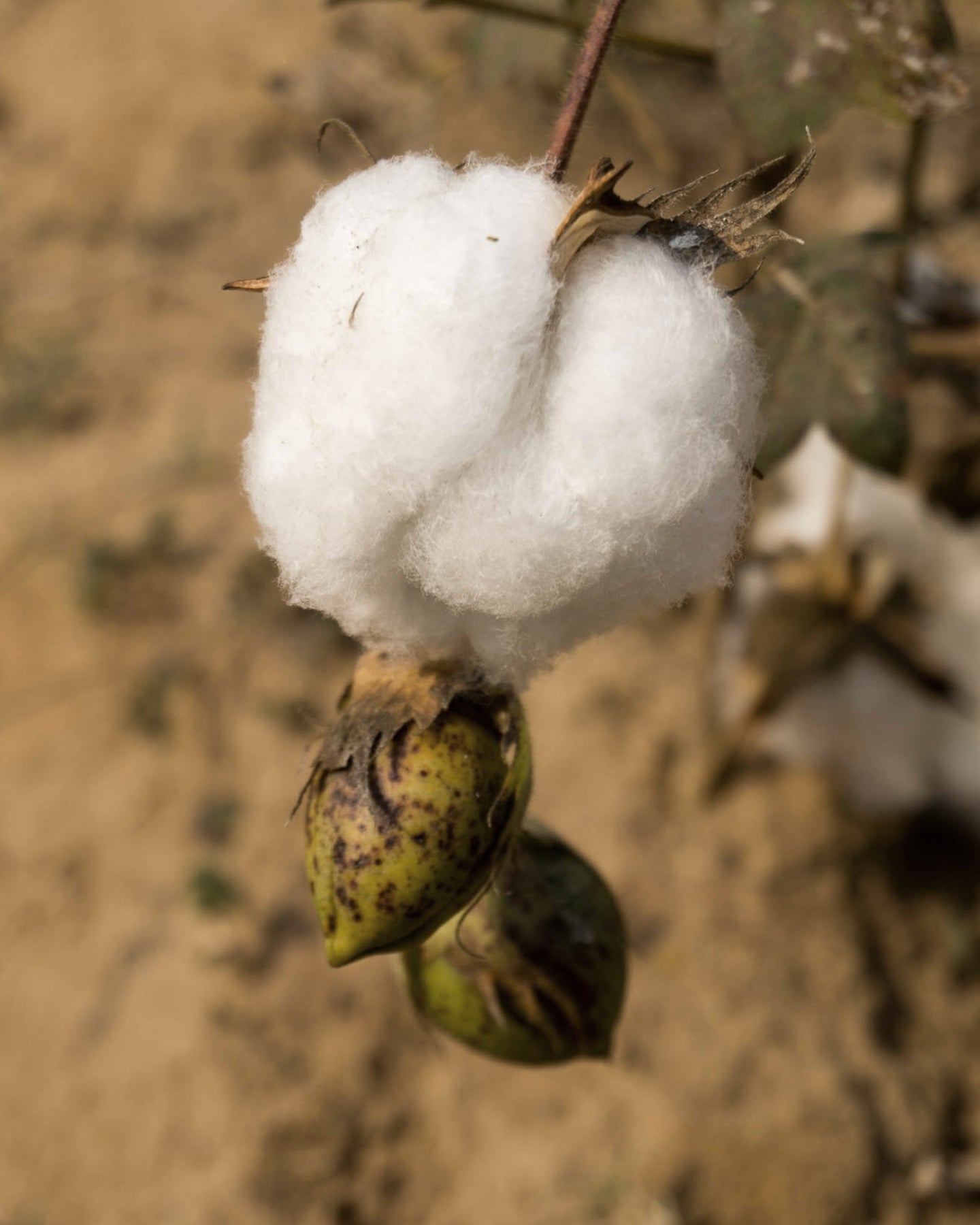
100% organic cotton
Not all cotton is created equal. Our certified 100% Fairtrade organic cotton is a natural, biodegradable and renewable resource, grown using non-genetically modified seeds and without harmful chemicals.
Small lots of organic cotton are planted alongside food crops to feed farmer communities and promote soil fertility and biodiversity. Crops are rain-fed and hand-picked.
The cotton is processed using Global Organic Textile Standard (GOTS) approved inks and dyes, free from chlorine bleach, toxic heavy metals, formaldehyde and aromatic solvents.
It is a natural fibre that is breathable, durable and easy to care for.
Components
-
Natural buttons
-
Recyclable metal hardware
Our denim garments are finished with Oeko-Tex Standard 100 approved nickel-free metal tacks, snaps and d-rings, which can be returned to Kowtow and recycled at the end of your garment's life.
-
Natural components
Instead of synthetic elastic, we use natural rubber encased in Global Organic Textile Standard (GOTS) approved organic cotton. All synthetic interlinings have been replaced with Global Organic Textile Standard (GOTS) approved organic cotton alternatives. We only use Oeko-Tex Standard 100 approved organic cotton wadding for quilting.
-
Natural thread
From our August 2023 collections we have achieved our goal of replacing the industry-standard polyester cotton thread with 100% Global Organic Textile Standard (GOTS) approved organic cotton thread.
-
Natural labels
All our garment labels are Global Organic Textile Standard (GOTS) approved organic cotton. Swing tags are made from recycled organic cotton card, a by-product of our fabric offcuts, with a GOTS-approved organic cotton cord.
-
Recyclable packaging
Our retail packaging is certified by the Forest Stewardship Council (FSC) and printed with soy-based, petroleum-free inks. It contains no plastic and is fully recyclable. Please check your local network for the best way to recycle your packaging.
Case Study
Anatomy of a garment
A. Fairtrade & Global Organic Textile Standard (GOTS) approved cotton.
B. Oeko-Tex Standard 100 approved organic cotton labels.
C. Certified organic cotton interlining.
D. Oeko-Tex Standard 100 approved shell buttons.
E. Global Organic Textiles Standard (GOTS) approved cotton thread.
F. This shirt is completely plastic-free.
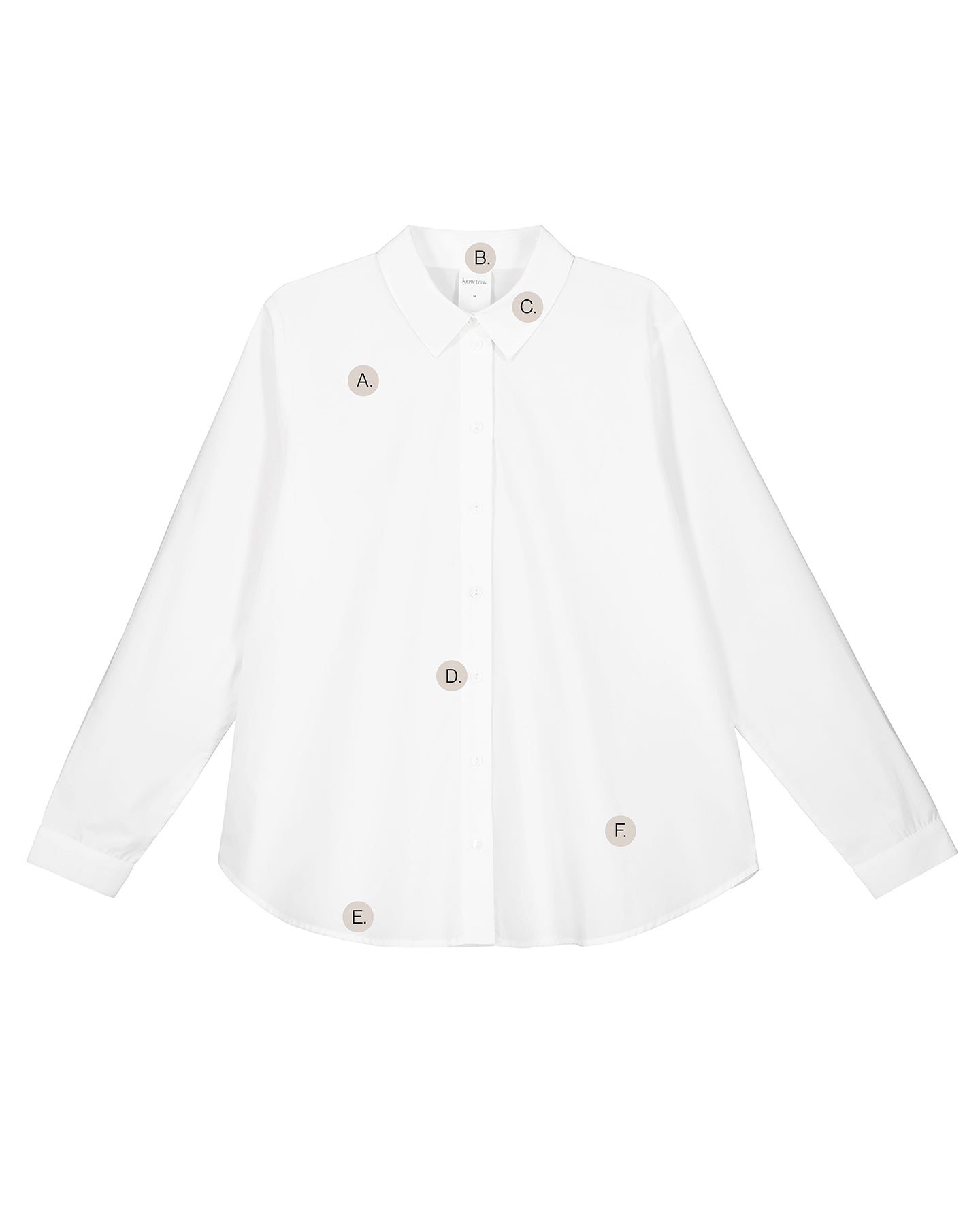
02.1
Slow Fashion
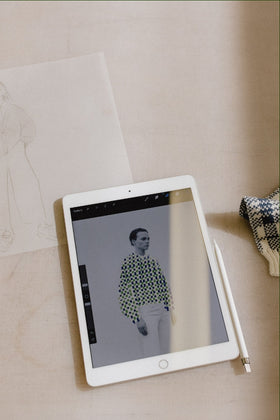
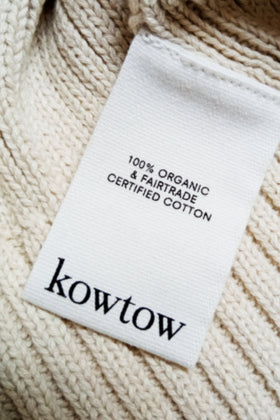
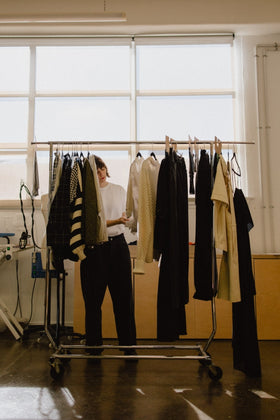
The journey from seed to garment can't be rushed. It takes more than 18 months to develop a Kowtow collection from initial sketches to in-store launch. We design every fabric from the yarn and approach each stage of the design process mindfully, working closely with our suppliers to create beautifully constructed, considered garments. We believe that good design lies in longevity - we don't follow trends.
02.2
Textile Studio
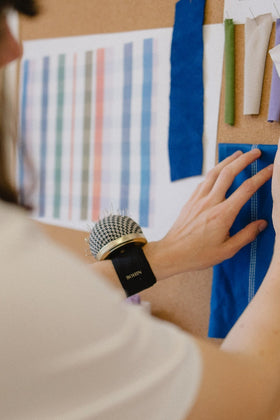
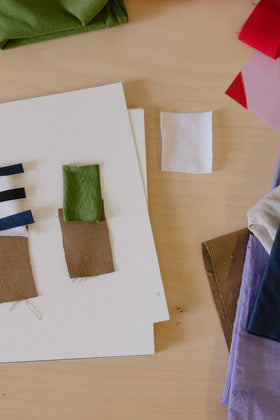
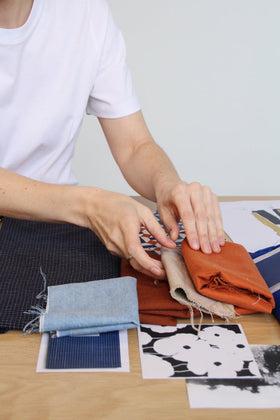
From our studio in Wellington, New Zealand we determine the colour, weight, weave and print for our collections. Every yarn and fabric is one-of-a-kind to Kowtow. By sourcing our yarn directly from the farms we ensure full traceability over our supply chain, from seed to garment.
02.3
Timeless Design
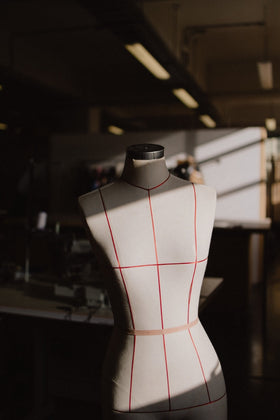
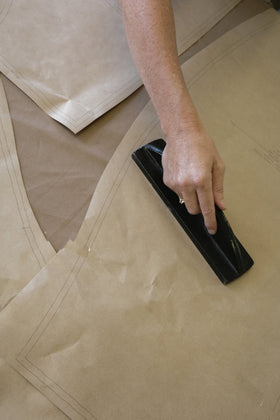
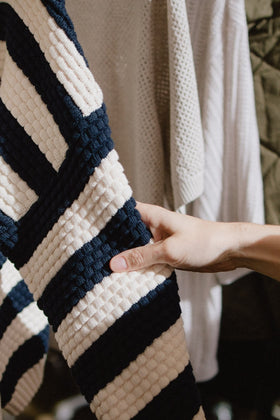
We believe that good design lies in longevity and we don't follow trend cycles. We take inspiration in functional dressing and have an artful approach to colours to offer a palette of shades that stands the test of time.
02.4
Designing with Less
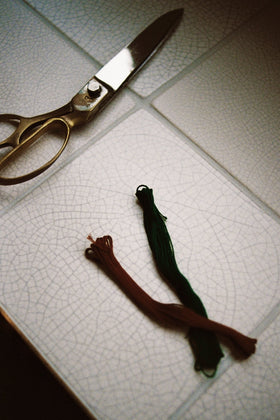
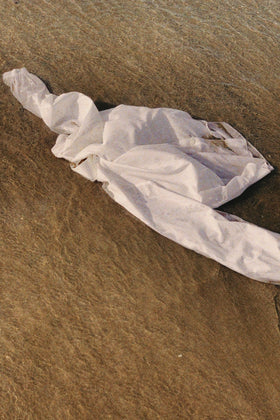
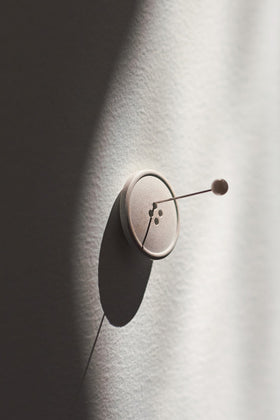
Using a single material is a key element for our circularity and we have naturally adopted a reductive approach to design, using as little components as possible and reducing waste. We intentionally have a very concise range of trims and buttons which are natural or recyclable (see materials). We have never used zips as they add waste and complexity to our circular design programme.



The journey from seed to garment can't be rushed. It takes more than 18 months to develop a Kowtow collection from initial sketches to in-store launch. We design every fabric from the yarn and approach each stage of the design process mindfully, working closely with our suppliers to create beautifully constructed, considered garments. We believe that good design lies in longevity - we don't follow trends.
Case Study
Craft and innovation
In both textile and garment design, our team combines 'atelier' processes like sketching, painting and draping with the latest image and 3D technology. This blend of creativity and innovation comes through in every Kowtow garment.
“I love playing with textures, colours and forms, and embarking the team on a journey with me, when everyone is bubbling away with ideas and solutions. Seeing the studio look like a laboratory is the most satisfying part of my job. After months in the making, spotting people in the street wearing Kowtow is very rewarding too.”
Marilou Dadat, Creative Director
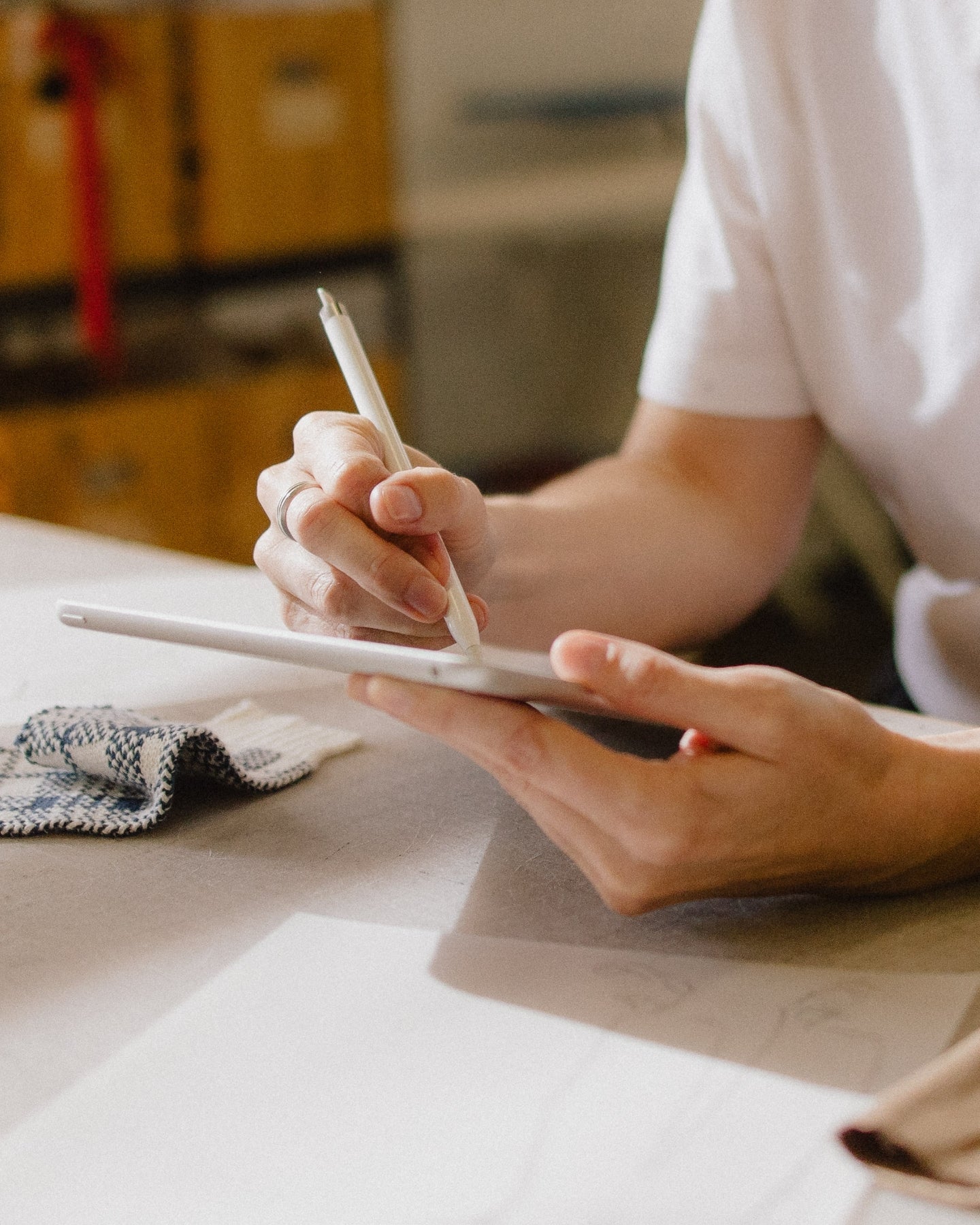
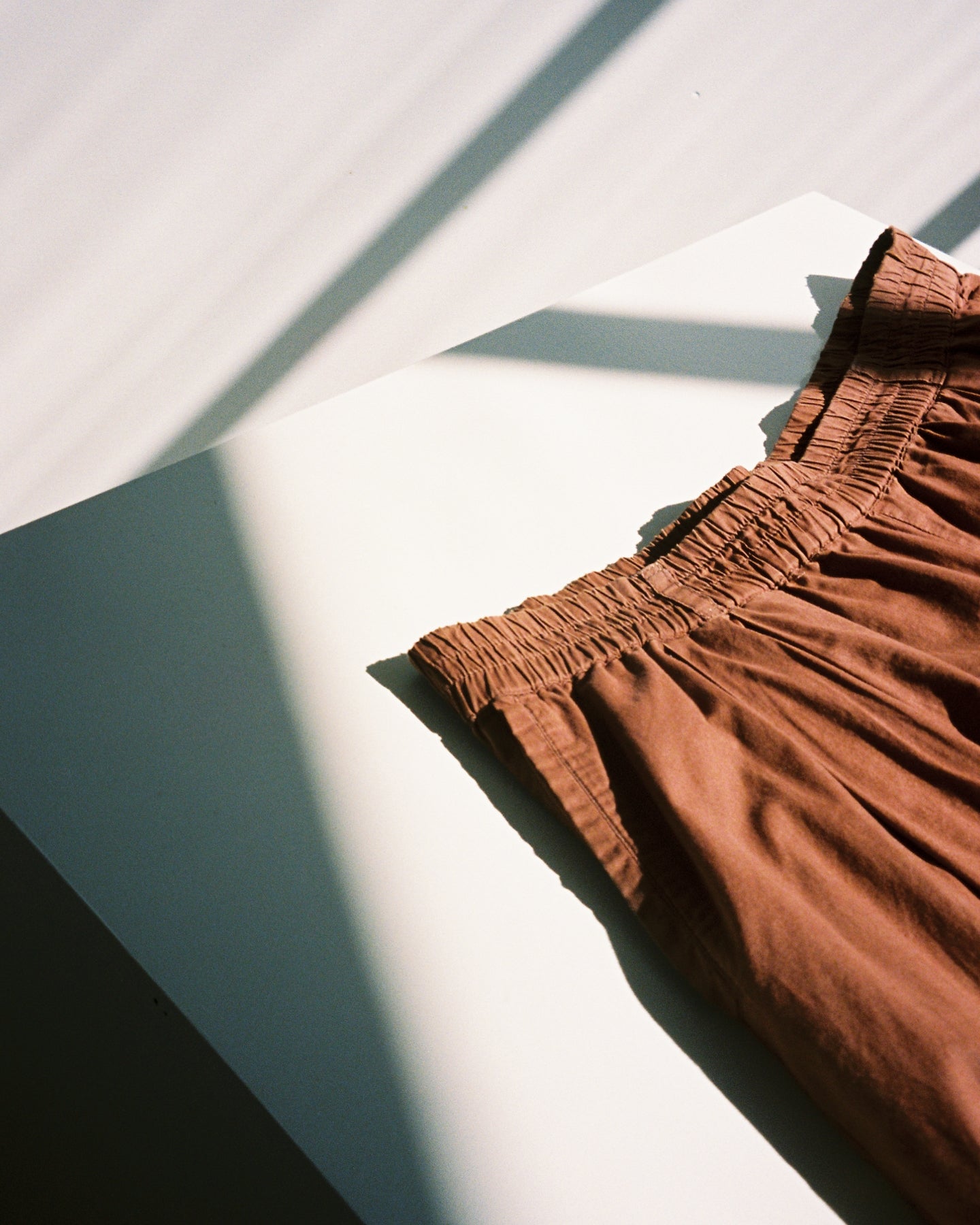
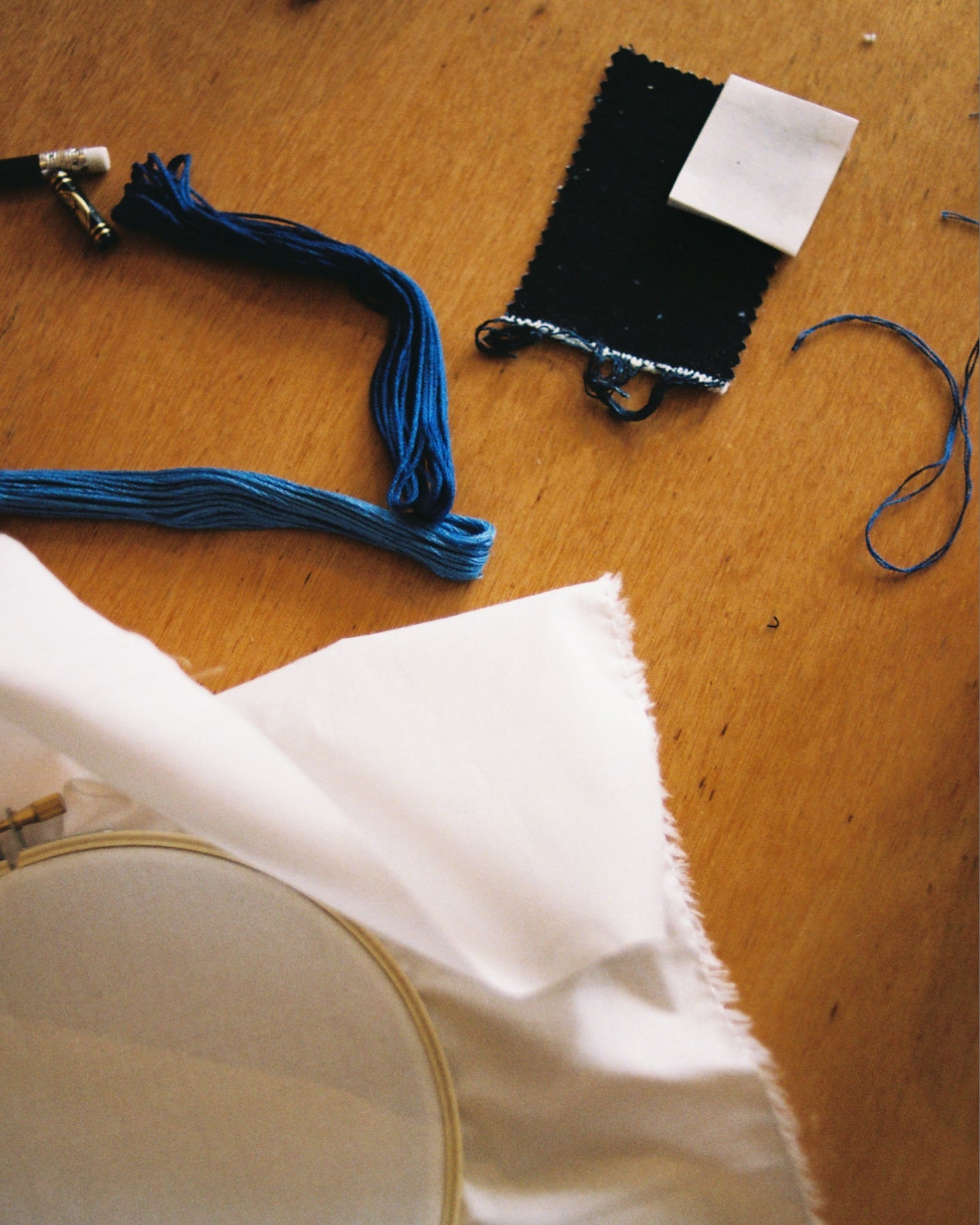
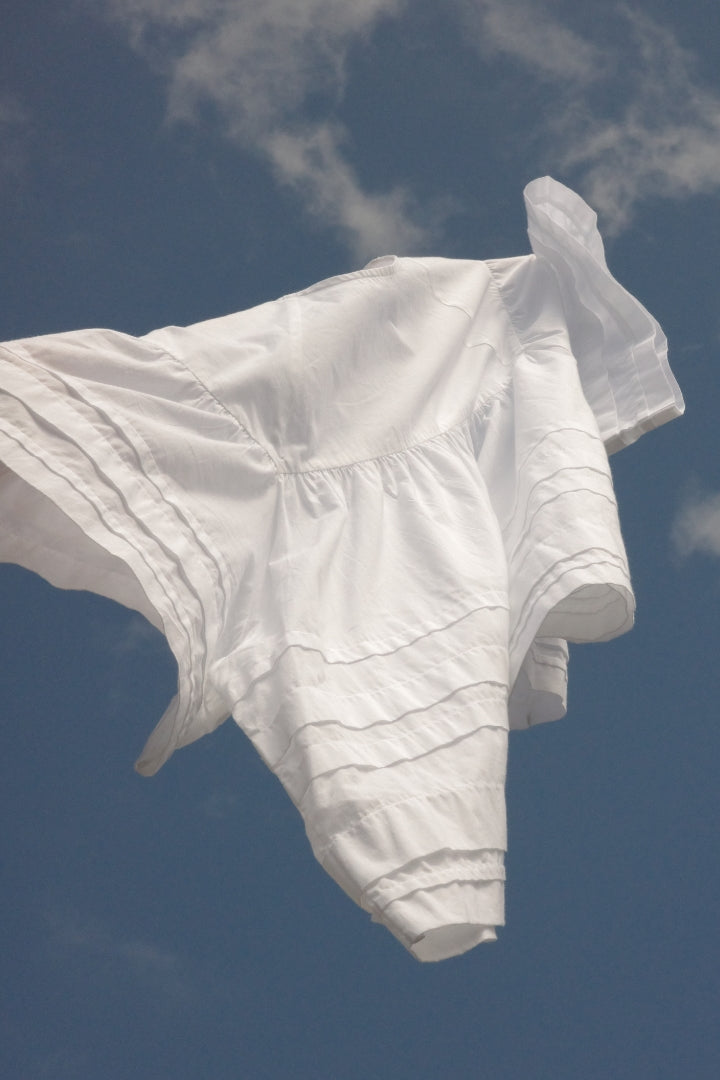
03.1
Garment care
Our clothes are more than just pieces of fabric. They represent our values, identity and impact on the planet. When we choose to care for and maintain our clothes, we’re taking a stand against fast fashion and the throwaway culture it perpetuates.
Our 100% certified Fairtrade organic cotton garments are easy to look after. Simply wash them, line dry them on a hanger and use a warm iron if needed. Check the care instructions for your specific garment if you’re unsure.
We recommend that you only wash your Kowtow garment when necessary, to reduce water use and improve its longevity. Airing or steaming can help refresh garments between wears. Washing at a cool or cold temperature is gentler on your clothes - and energy efficient.

03.2
Repair commitment
Cherished clothes deserve to last a lifetime, which is why every Kowtow garment comes with a promise of free repairs.
Minor repairs are free - including mending split seams or broken stitching, fixing small holes or tears, and replacing buttons. For larger rips or stains, we also offer the Japanese patching technique Sashiko for a small fee. This bespoke option is about valuing and extending the life of the garment by not only strengthening it, but taking the time to make it beautiful as well.
Our in-house team has repaired over 1000 garments since the inception of the programme in 2018.
If your beloved garment needs repairs, email our team at customercare@kowtowclothing.com or visit us in-store (currently available in New Zealand and Australia only).
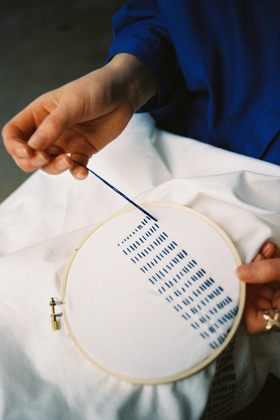
03.3
Take-Back
When your Kowtow garment reaches the end of its useable life, please return it to our stores or post it to our workroom. These garments will become part of our research and development phase to close the circular design loop. Our team are investigating the most innovative recycling techniques to keep Kowtow garments out of landfill. For more information on our Take-Back Programme, email customercare@kowtowclothing.com.
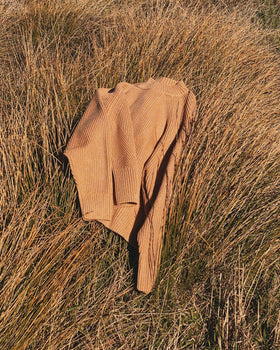
Case Study
Closing the loop
Caring for your clothing is the first step towards keeping it in use and out of landfill. Our Repair Programme began in 2018, when we opened our Wellington flagship store. This gave us a new way to connect with our customers and to introduce them to the concept of circular design. We want our customers to think beyond simply purchasing a product and realise their garments are made by people and can last if cared for. By caring for and repairing a garment, you are extending its life so you can continue to love and enjoy it for years to come.
If your garment needs more than a minor repair, we also offer the Japanese hand stitching technique Sashiko for a small fee. Sashiko is used to reinforce and strengthen damaged clothing. A new layer of fabric is added for strength and rows of running stitches are built up to form different patterns. This stitching can range from simple lines to intricate designs, but they are usually geometric in nature. Sashiko is about valuing and extending the life of the garment through not only strengthening it, but also taking the time to make the repair beautiful as well.
Miriam is our Production Development Coordinator and works on our Repair Programme every day.
Here, she shares ways to care for your garments to extend their life:
- Wash your garment less often to preserve the colour and reduce water use.
- Steam or hang it in the breeze to refresh between washes.
- Fold your knitwear to keep it in shape.
- Store away from direct sunlight and dry in shade where possible, as UV rays can damage fabrics and fade colours.
- Mend at the first sign of wear and tear! This will make repairs more successful and minimise the impact on your garment.
